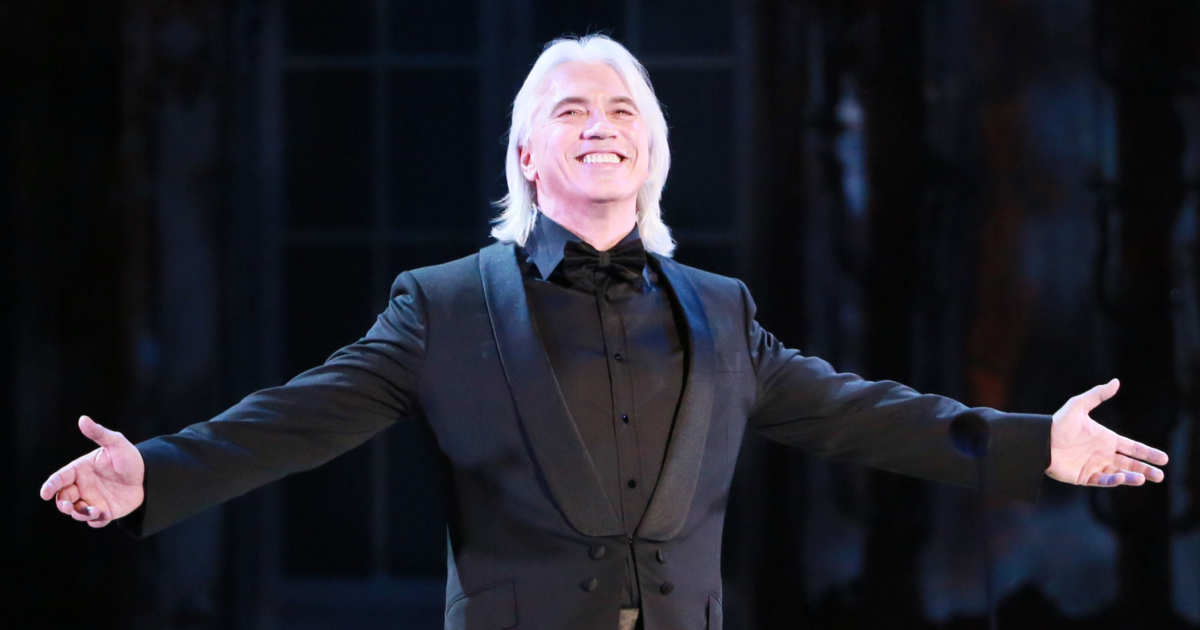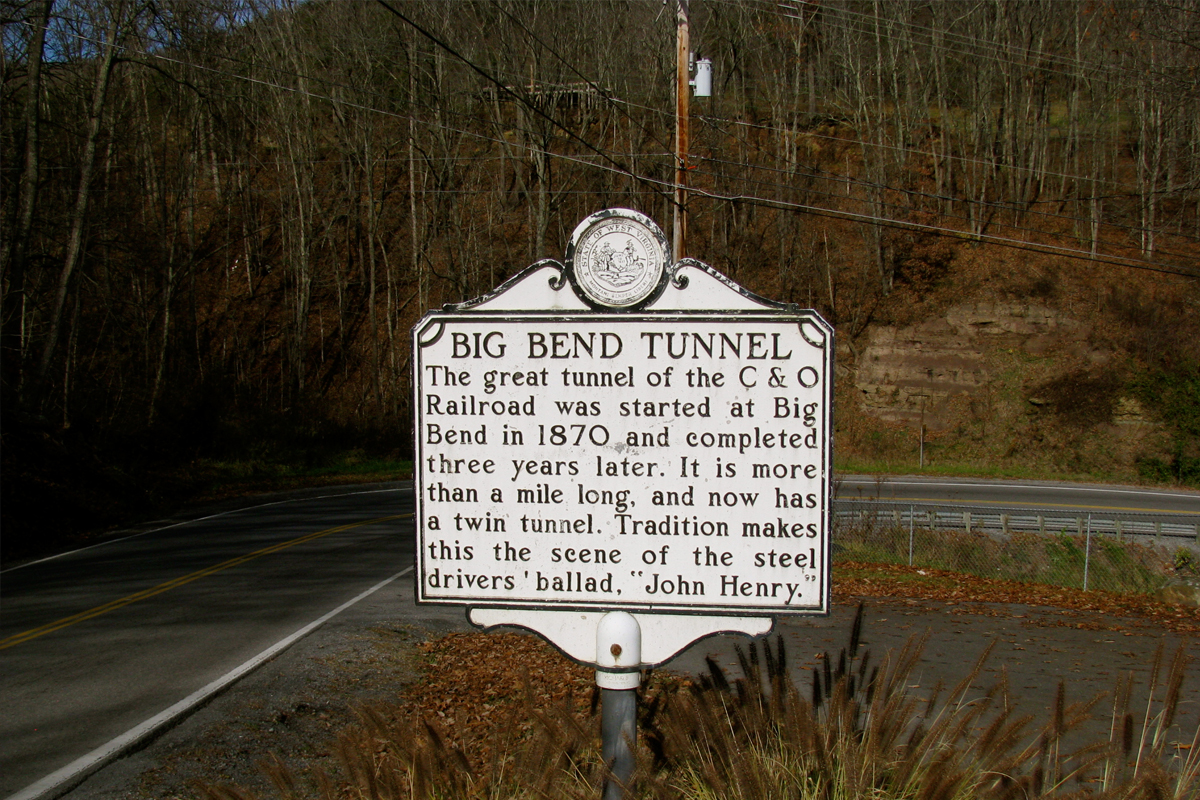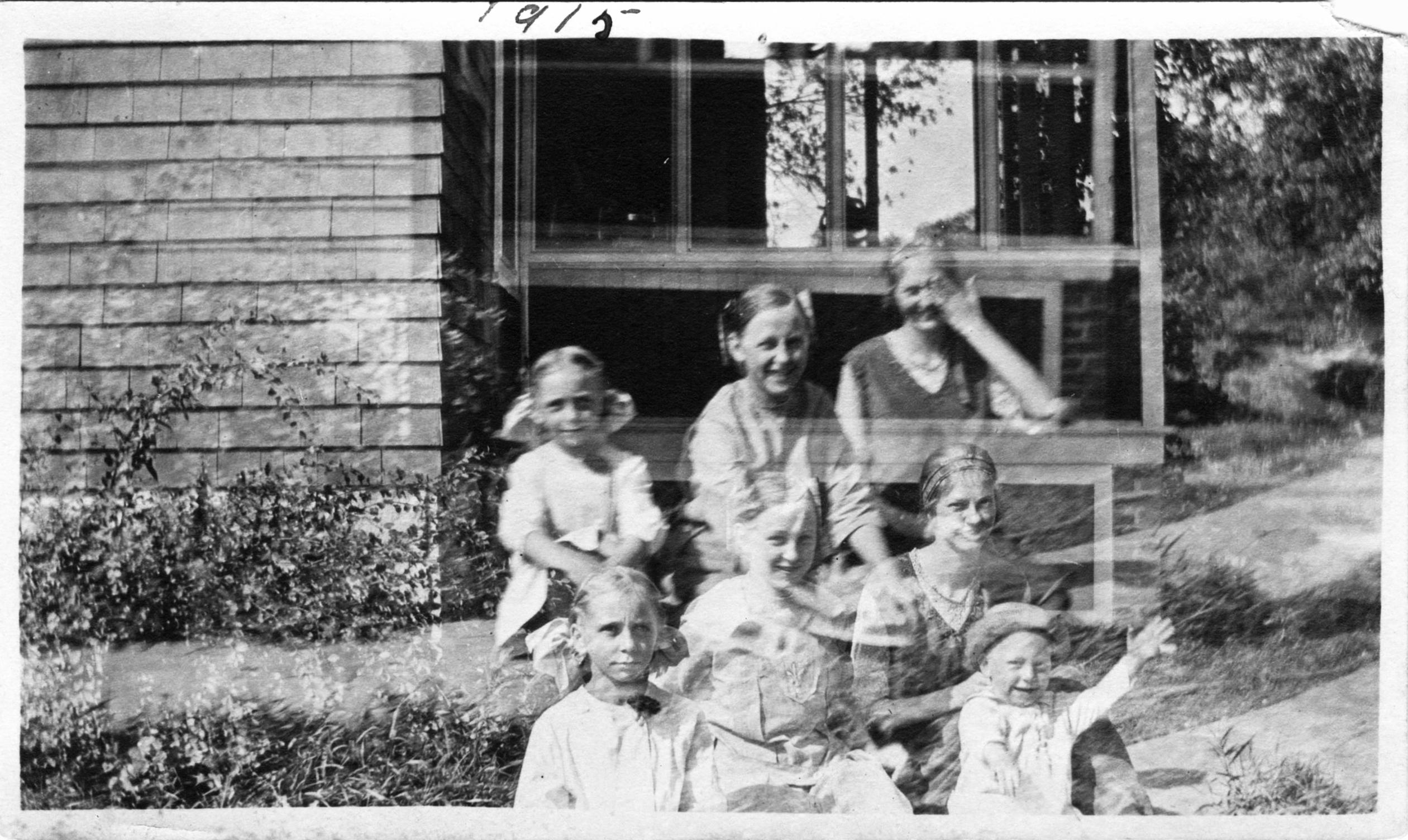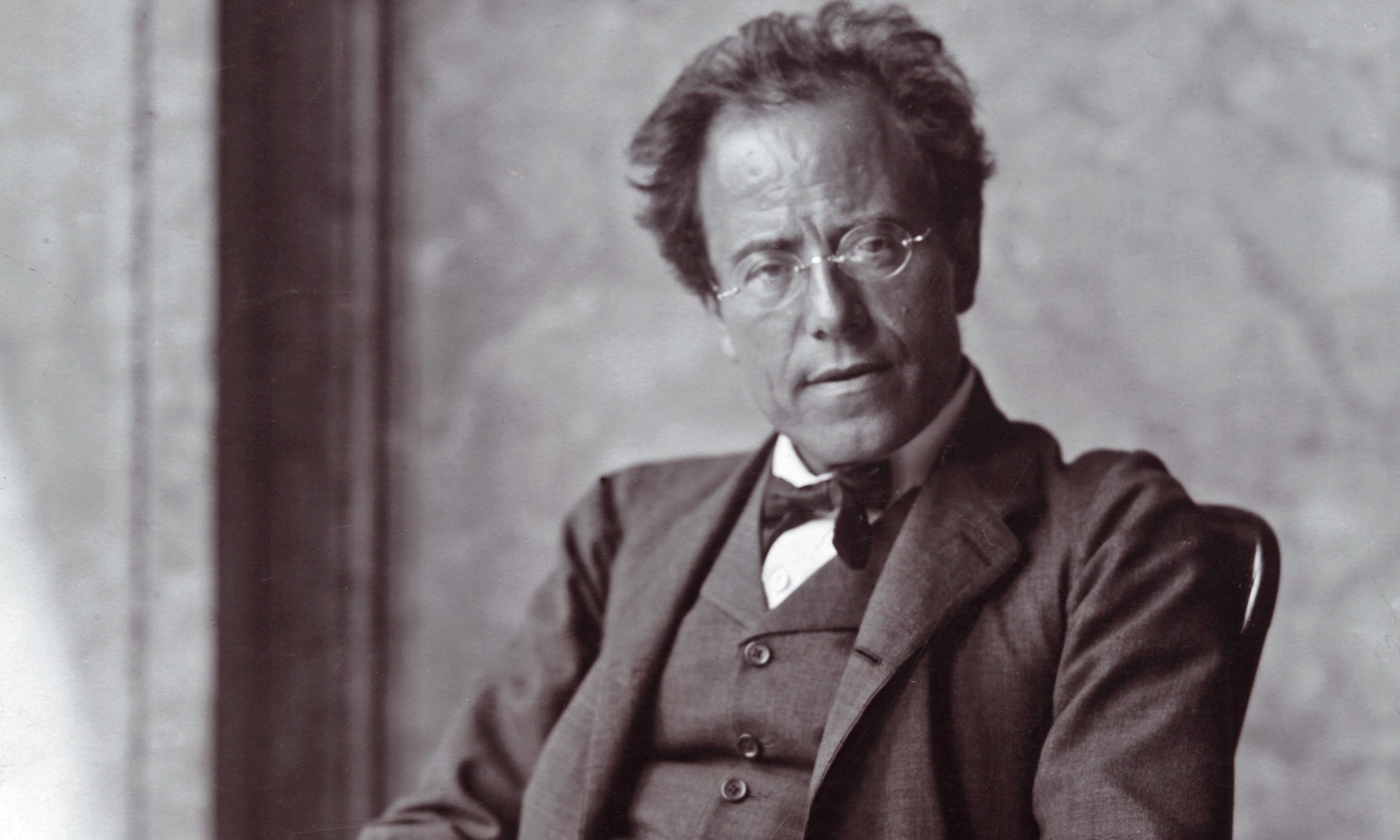Remembering Dmitri Hvorostovsky
The Russian operatic baritone Dmitri Hvorostovsky passed away this week following a two-and-a-half-year battle with brain cancer. He was 55. Here are some highlights from his distinguished career: In the aria, Ja vas lyublyu, from the second act of Tchaikovsky’s The Queen of Spades, Prince Yeletsky pours out his love for Liza while lamenting her inability to trust him fully. Listen to the way this aria moves from majestically soaring passion to the depths of despair as the …







